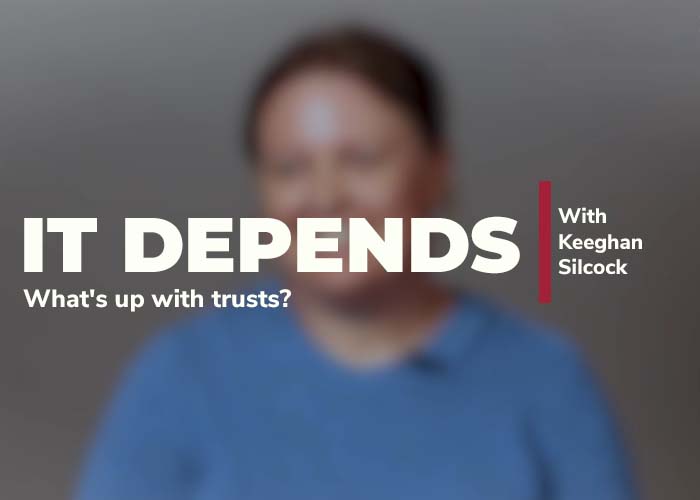CGU Insurance Limited v One.Tel Limited
In this case, the High Court considered whether a trustee, appointed to administer the estate of a former director of One.Tel Limited (in liquidation) (One.Tel) under a deed of arrangement under Part X of the Bankruptcy Act 1966 (Cth) (deed), could recover against that person’s directors and officers (D&O) liability policy of insurance (policy) even though the deed had expired.
Facts
The former director, Mr. John Huyshe Greaves, held the policy with CGU Insurance Limited (CGU).
On 6 September 2004, the Supreme Court of New South Wales ordered that Mr. Greaves pay compensation to One.Tel of $20 million and a payment to ASIC of $350,000. Mr. Greaves subsequently entered into the deed, which, amongst other things, purported to assign Mr. Greaves’ rights under the policy to his trustee and provided that any amount recovered from CGU would be paid in satisfaction of Mr. Greaves’ liabilities to One.Tel and ASIC.
CGU refused to make payment to the trustee under the policy and on 18 October 2006, the trustee commenced proceedings against CGU.
CGU’s contention
CGU raised a number of fraudulent non-disclosure and misrepresentation arguments. However, the proceedings ultimately turned on the assignment of Mr. Greaves’ rights under the policy to the trustee, which was challenged by CGU. CGU’s principal contention was that, even if the assignment was valid at the time of the deed, the trustee’s right of recovery against CGU ended when the deed expired.
CGU further contended that there had not been any “loss” as defined under the policy. It sought to rely on the combined reading of clause 9 and 11 of the deed, which provided that, until the trustee issued a certificate confirming that it had settled the claim under the policy or had decided not to pursue a claim under the policy (clause 9), neither the trustee nor any creditor could take any steps to enforce the compensation and cost order against Mr. Greaves (clause 11).
“Loss” was defined under the policy as an “amount payable in respect of a Claim made against the Directors and Officers for a Wrongful Act and shall include damages, judgments, settlements, interest, costs and Defence Costs“. In arguing that there had been no loss, CGU placed significant weight on the fact that clause 11 of the deed prevented the trustee or any creditor from enforcing their orders against Mr. Greaves. CGU submitted that clause 11 survived the expiry of the deed.
Decision
The High Court rejected both of CGU’s contentions.
It found that the trustee was entitled to continue recovery against the policy notwithstanding the expiry of the deed. The High Court confirmed that, in addition to the legal assignment of Mr. Greaves’ rights under the policy (pursuant to the deed), there had also been an equitable assignment of those rights that operated outside of, and survived, the expiry of the deed.
It followed that upon expiration of the deed, the trustee continued to owe duties to Mr. Greaves beneficially as a “bare trustee”. As part of those duties, the trustee was required (and able) to continue recovery against CGU under the policy.
On the question of “loss”, the High Court found that even if clause 11 of the deed survived the expiry of the deed, the definition of loss under the policy was broad enough to include the orders made in favour of One.Tel and ASIC. The High Court confirmed, amongst other things, that clause 11 of the deed did not have the effect of setting aside any orders made against Mr. Greaves and that it would create an absurd result if, on the one hand, clause 11 of the deed had the result that Mr. Greaves had suffered no loss, but on the other hand, clause 9 of the deed contemplated that the trustee could pursue a claim under the policy for loss.
The High Court favoured the view that clause 11 of the deed did not continue in effect after the expiry of the deed. Instead, on expiry of the deed, Mr. Greaves was returned to his pre-deed position (albeit as beneficiary of a bare trust). At this point, it would be open for One.Tel and ASIC to pursue Mr. Greaves for any shortfall in the amounts paid to them by the trustee. On this basis, there was still loss for the purpose of the policy.
Take home message
The case confirms that an assignment of an insured’s rights under a D&O liability policy of insurance to a trustee under the bankruptcy regime may be upheld even though the deed purporting to assign the rights has expired.
To this end, it would appear that the courts will recognise an assignment of the insured’s rights in equity that exists alongside, and is unaffected by, the legal assignment and the Bankruptcy Act 1966 (Cth).
Further, even where an insured enjoys protection under the bankruptcy regime from the enforcement proceedings of judgment creditors, the definition of loss under most D&O liability policies of insurance will be triggered. Insurers will, therefore, have to rely on other potential grounds for declinature.
For more information regarding this legal alert, please contact a member of our litigation and dispute resolution team on 07 3231 2444.




